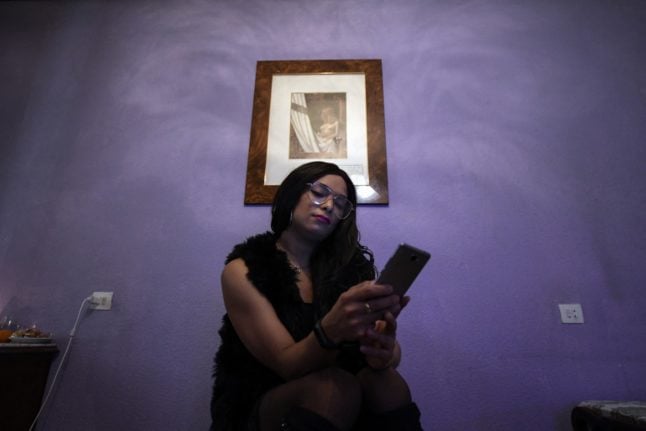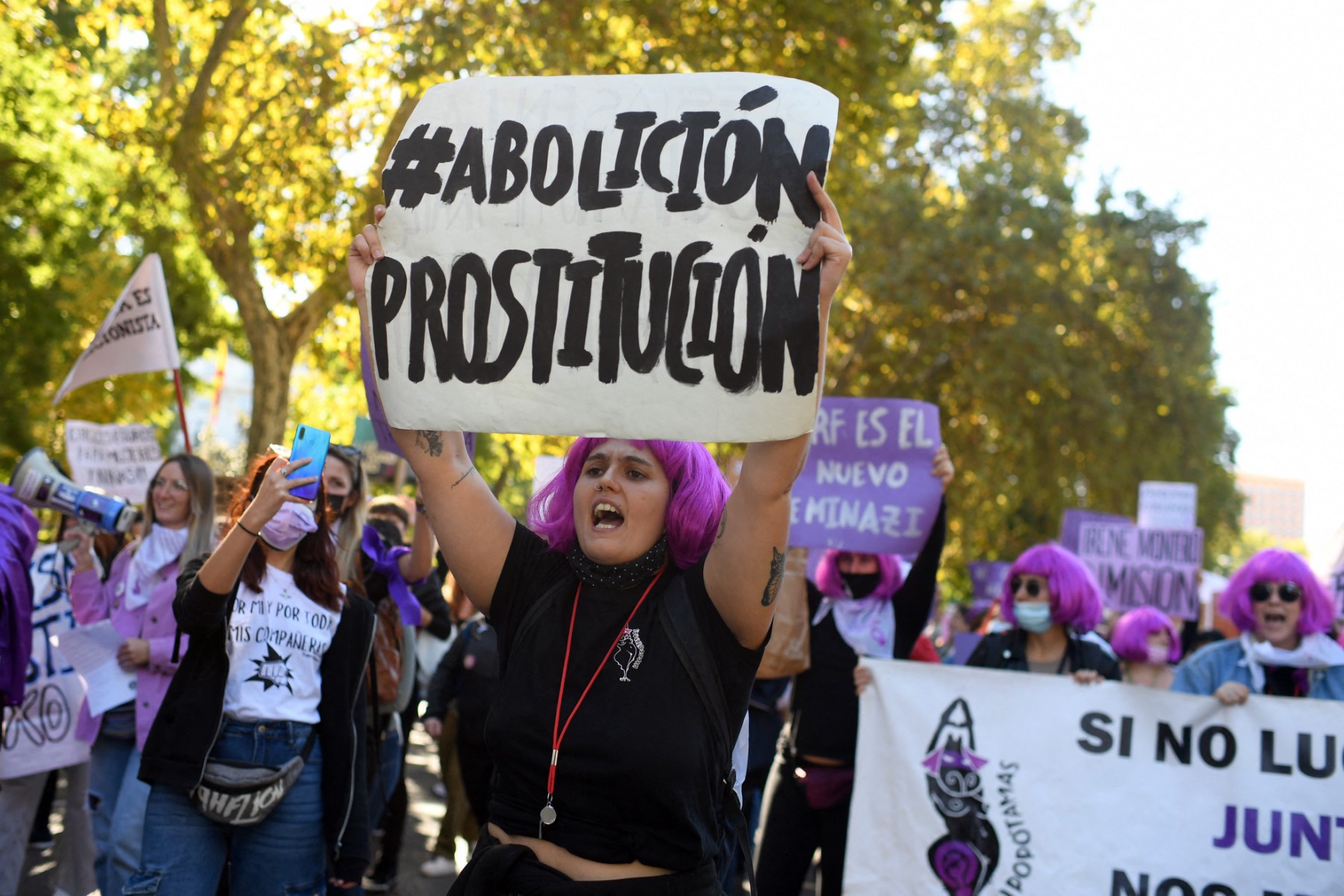Visiting the Rafah border crossing between Gaza and Egypt on Friday with Belgian Prime Minister Alexander De Croo, Sánchez said the “indiscriminate killings of innocent civilians” in the Palestinian territory was “completely unacceptable”.
Both leaders called for a permanent ceasefire in the war-battered territory, with the Belgian premier also denouncing the destruction in the Gaza Strip as “unacceptable”.
The Israeli foreign ministry swiftly summoned the ambassadors of Spain and Belgium for a “harsh rebuke” over comments by the two countries’ leaders, accusing them of supporting “terrorism”.
“Condemning the vile terrorist attacks of a terrorist group like Hamas and at the same condemning the indiscriminate killing of Palestinians in Gaza, is not a question of political parties nor of ideology, it is a question of being humane,” Sánchez told a gathering of his Socialist party in Madrid to applause from the audience.
READ ALSO: Spain hits back after Israel summons envoys over Gaza comments
Spanish Foreign Minister Jose Manuel Albares told public television on Friday he had called in the Israeli ambassador to lodge a formal protest against the Israeli government’s allegations.
Hamas broke through Gaza’s militarised border with Israel on October 7, killing about 1,200 people and seizing around 240 Israeli and foreign hostages, according to Israeli officials.
Israel has vowed to “crush” Hamas in response and unleashed a withering military campaign that Gaza’s Hamas government says has killed nearly 15,000 people in the coastal territory.




 Please whitelist us to continue reading.
Please whitelist us to continue reading.
Member comments